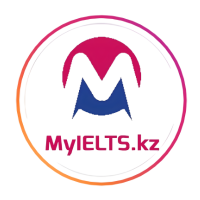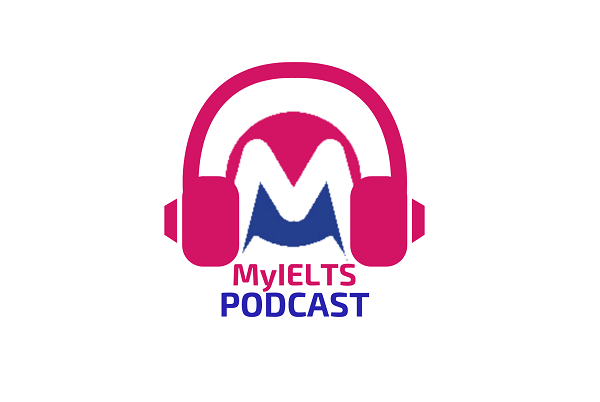Если IELTS Speaking Part 2 получается у вас хуже всего из-за того, что вы мало говорите, то воспользуйтесь советами, которые даются в этом эпизоде подкаста.
подписаться на подкаст на Apple Podcasts | Google Podcasts, чтобы получать новые выпуски автоматически
Как не бояться говорить в IELTS Speaking Part 2
Как рассказать историю в IELTS Speaking Part 2
Тема IELTS Speaking Part 2
Describe a place where you read and write, apart from your home. Please say
– What place is this?
– How often do you visit it?
– Why do you like this place?
Транскрипт 2-минутного монолога по этой теме
So reading and writing outside home. I relate to this a hundred percent because I am one of those people who tend to read and even write in places outside my apartment.
So one of those places for me is a plane. You know, I’m an avid traveler and I use the time on plane to catch up on my reading.
In recent weeks I had about 15 flights which altogether took about 30 hours. And those hours were tremendously productive for me because I kept my e-reader busy all the time, and I finally finished that book that I had started a few weeks earlier and I even read 4 more new books. They were non-fiction mainly — self-improvement, self-help and those kinds of things.
Not only did I read those books, I also made quite a few important notes and I planned my professional activities in writing for the months to come.
You know, when I board a plane, I look around and see that the majority of people in the cabin are really hungry for information. That can be probably explained by the lifestyle connected to information technology that we have right now. So people seem to feel the need to constantly, you know, scroll down their news feeds on their social media accounts and just chat through their messengers. But when they take off on the plane, they are obviously disconnected from the internet, so they get essentially bored.
What they end up doing is sleeping or watching whatever they have downloaded on their smartphones before they got on the plane, or just engaging in sometimes pointless conversations that I personally find quite disturbing for me.
I’m not like them — so I fasten my seatbelt, take out my kindle and start reading right away! For me, flying on planes is so underestimated in terms of constructive time-spending. So I’m trying to use it to the fullest whenever I embark on a new travel.

